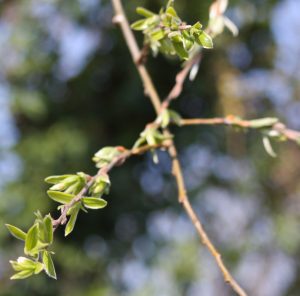
I’m fairly grieved by what I see on social media just now, as many genuinely well-meaning people find their concerns polarised and misused to demonise other people. The story of Noah’s Ark is only one iteration of the myths about a great flood – traces of which can still be found by archaeologists. I’m finding the symbol of the ark leads me in many directions, but this is the one for today.
This poem first appeared in Penning magazine, produced by Scottish PEN
Ark 2
And how could they believe it, those ancient societies –
a floating box, with all those animals, the food enough
for all of them, and the extended family, and servants,
all squabbling no doubt, and the questions of which
would get to eat which? And how would it float?
Yet every culture had it, the record of a great flood
still seen in the soil, and a story of a box
holding the seeds and survivors, renewing the earth.
Somewhere we believe that when the worst happens
there will be a shelter, a covenant with our God,
a safe haven for all of us, both clean and unclean,
and what we think of as goodness will save us,
send us a rainbow, shelter us all.
Not everyone will be celebrating Easter – some faith traditions have their own festivals now, and a lot of people just have a holiday. But I wish you all a very happy weekend.